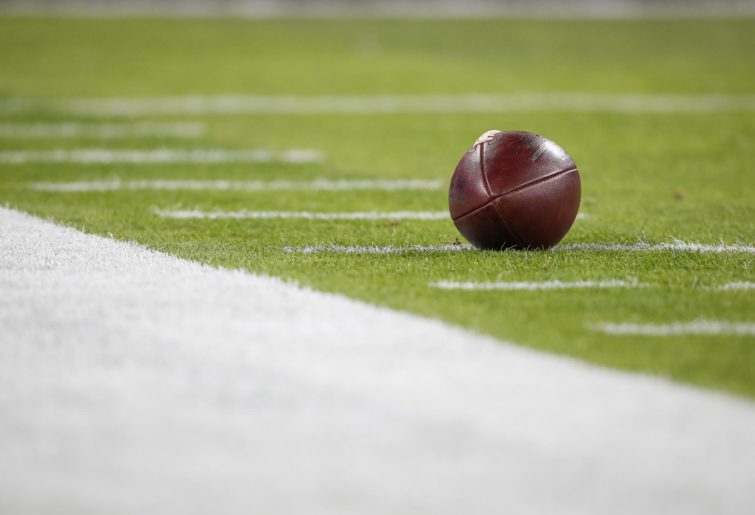
The NFL has appealed this decision, hoping to overturn it for a lengthier ban. It is unknown how long or expensive this process will be.
It is imperative that the NFL gets this decision right and does not allow Watson’s actions to be viewable as acceptable, not just for the image of the league but for sport and society as a whole.
In a 2014 study conducted by Breiding et al., an estimated 19.3 per cent of women within the United States aged 18 or older have experienced rape, with a further 12.5 per cent experiencing some form of sexual coercion.
In 2017, actress Alyssa Milano embraced #MeToo and posted a call to action on her social media for anybody who has experienced sexual harassment or assault to reply with ‘me too.’
What followed was nearly 5 million users sharing their experiences across Facebook and Twitter, beginning an era where women were encouraged to speak up about their experiences of sexual assault, not hide them.
However, athletes continue to have skirted major repercussions for their actions, which could be largely attributed to their status as year-round celebrities and role models.

(Scott Taetsch/Getty Images)
The idolisation of athletes is not a new concept; society has been immortalising athletes for centuries. Often corporations play a large role in presenting pro athletes to the public as superheroes, people born with superior genes, someone to aspire to become.
So, when athletes make mistakes, society needs to do a much better job of holding those accountable, which begins with the corporations who placed them on these pedestals for us in the first place. Most elite athletes have attention, money, and a certain level of power which can often make them feel untouchable.
DeShaun Watson is no exception to this rule.
How many young boys look up to Watson as a player? If the NFL, the most profitable sports organisation in the world, does not take a firm stance on the unacceptability of violence against women now… when will they ever?
The NFL has a history of leniency on violence against women cases; Ray Rice, former Raven’s running back, was suspended for just two games following leaked footage of him punching his then-fiancée in the face, knocking her unconscious.
In 2010 one of the league’s then-premier quarterbacks, Ben Roethlisberger, was accused but never convicted of rape when he lured a 20-year-old woman to a nightclub bathroom. Roethlisberger was also given just a six-game suspension which was later reduced to four games for “good behaviour.”
It may seem as if the NFL is simply lenient with its suspension of players, but that only seems to be the case for violence against women examples.
Several players, such as Josh Gordon, Darren Waller and Randy Gregory, were suspended for entire seasons for smoking marijuana, while Tom Brady was handed a four-game ban for deflating some footballs.
Our young boys should be idolising elite athletes, aspiring to one day be like them, to work as hard as them, to perform at the highest level – under the highest amount of pressure. But those same athletes need to be role models off their playing field too, and set good examples for our children. To be respectful. To be kind.
Similarly, those who do wrong, who fail to act in a responsible manner, who sexually assault Houston masseuses, need to be held accountable for their actions. Young boys need to be shown that their choices in life have consequences and that violence against women is and will never be acceptable.
Only then will corporations help to weed out those in society hellbent on hurting women, instead of handing them $230 million contracts… cough cough, Cleveland Browns.

Leave a Reply